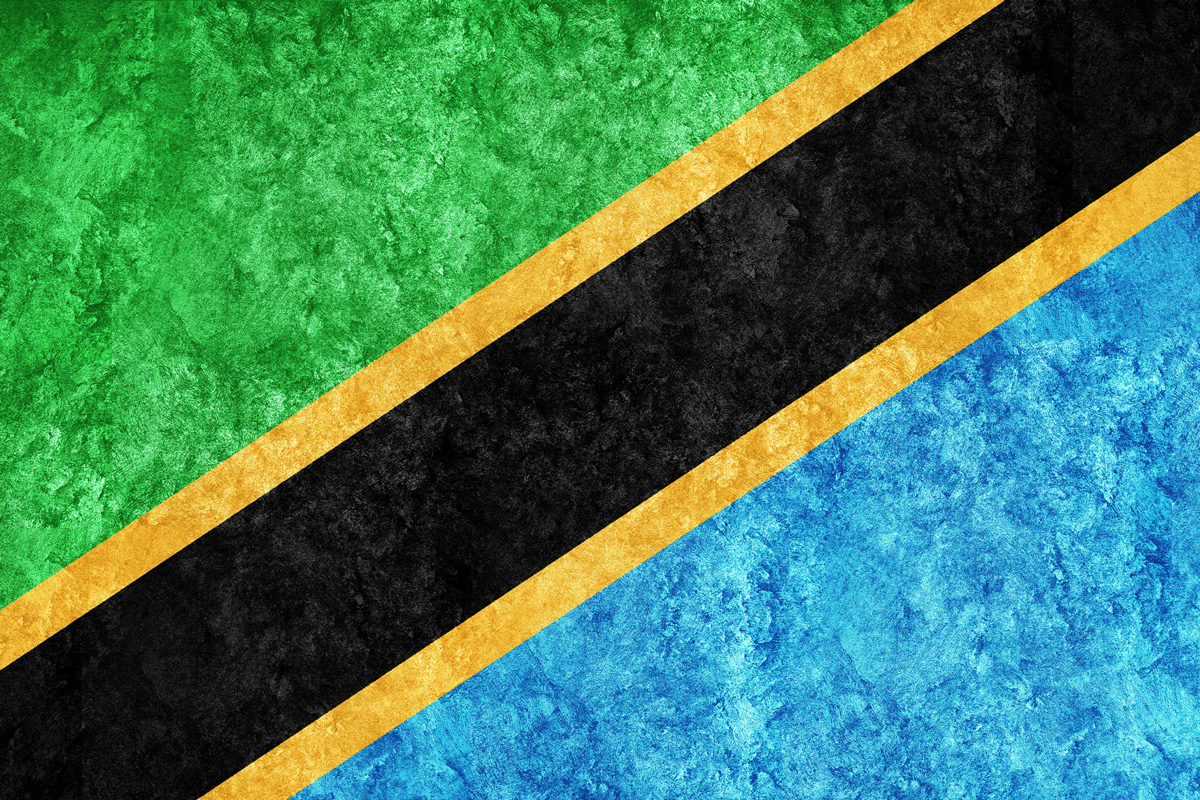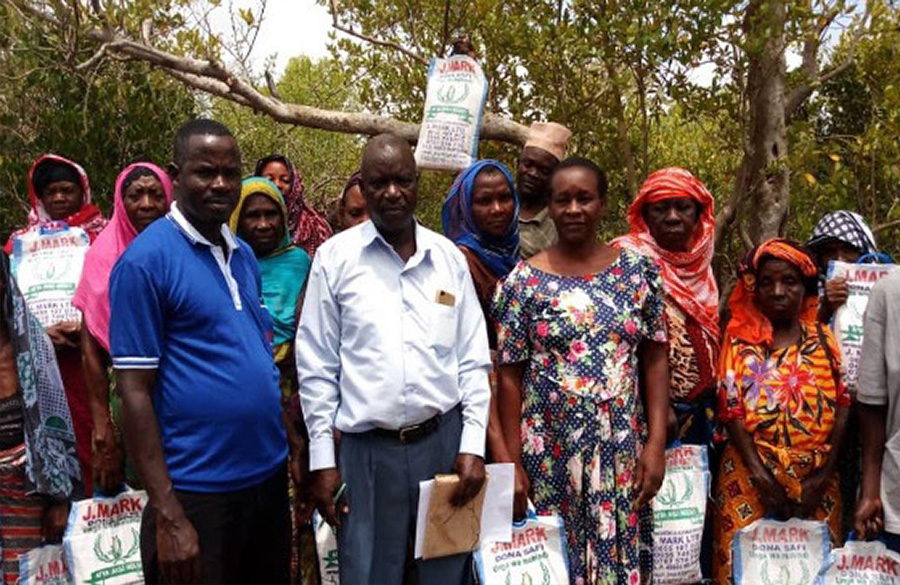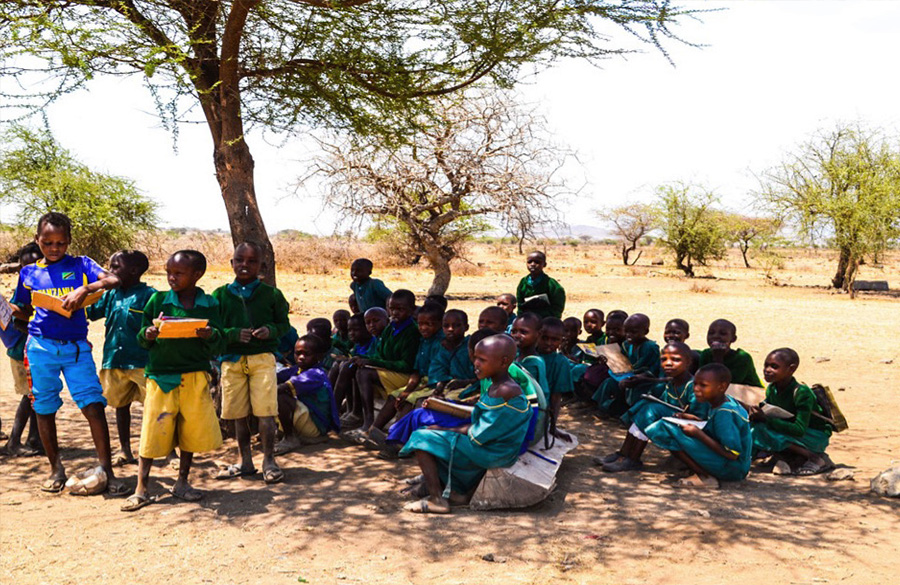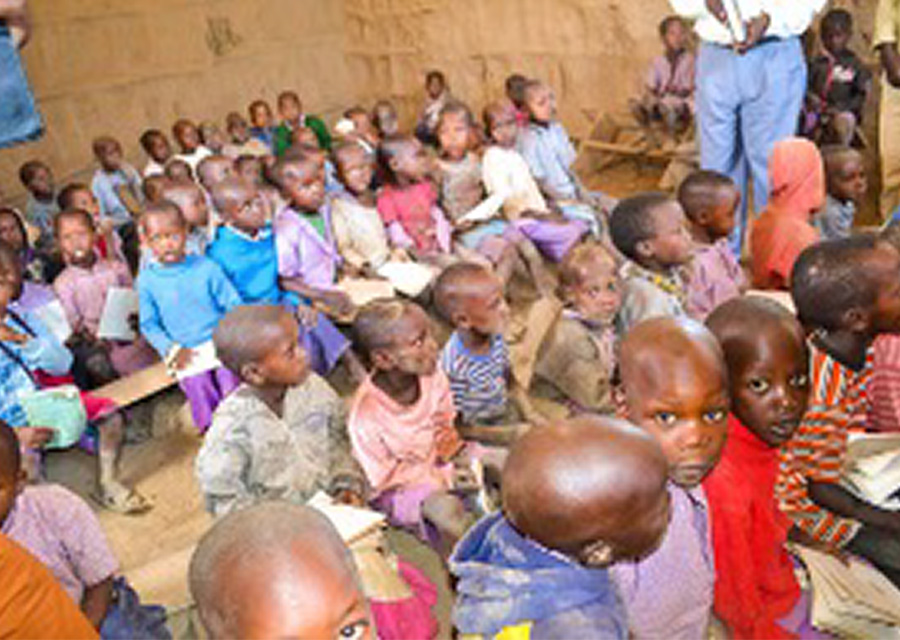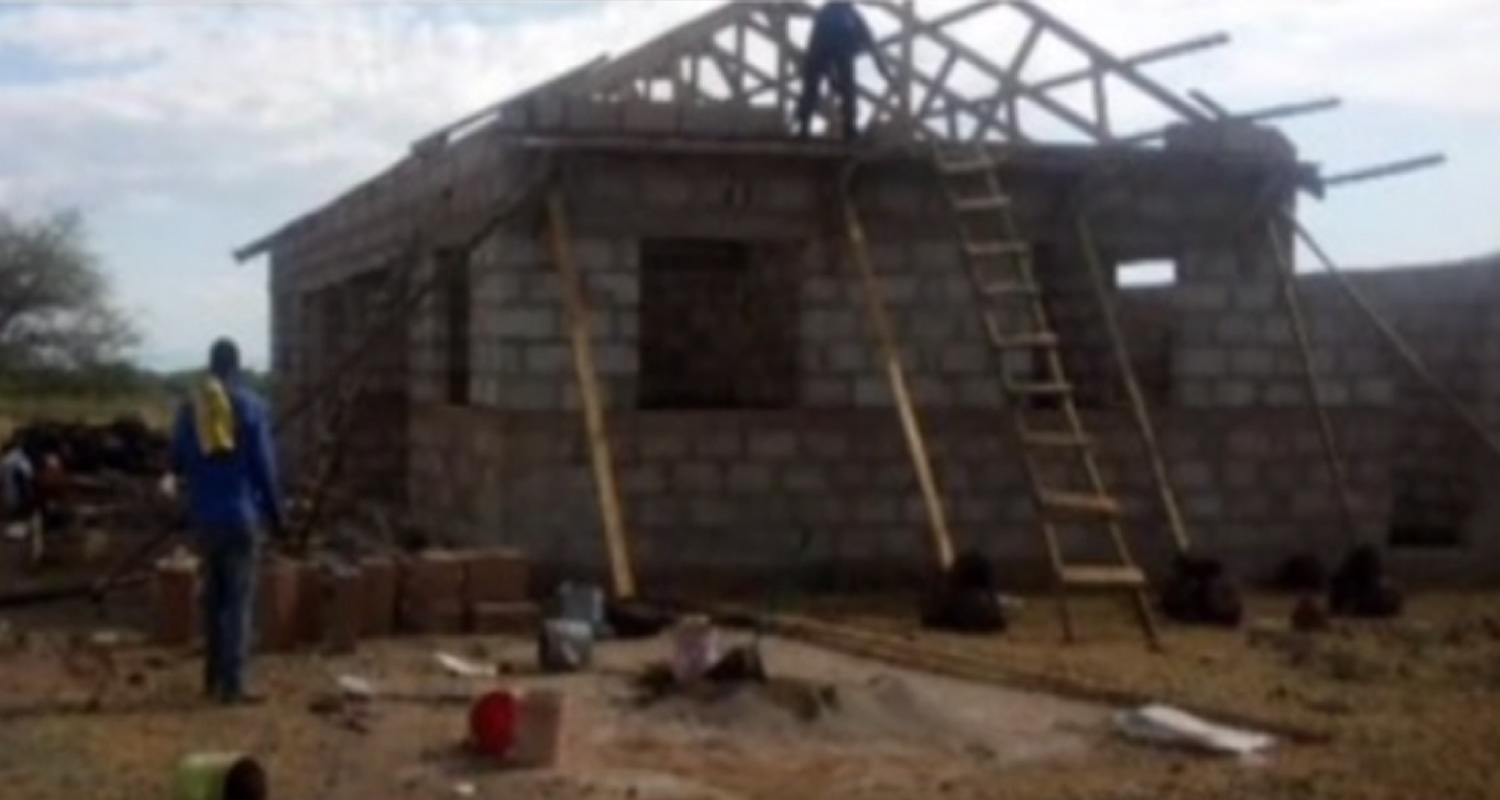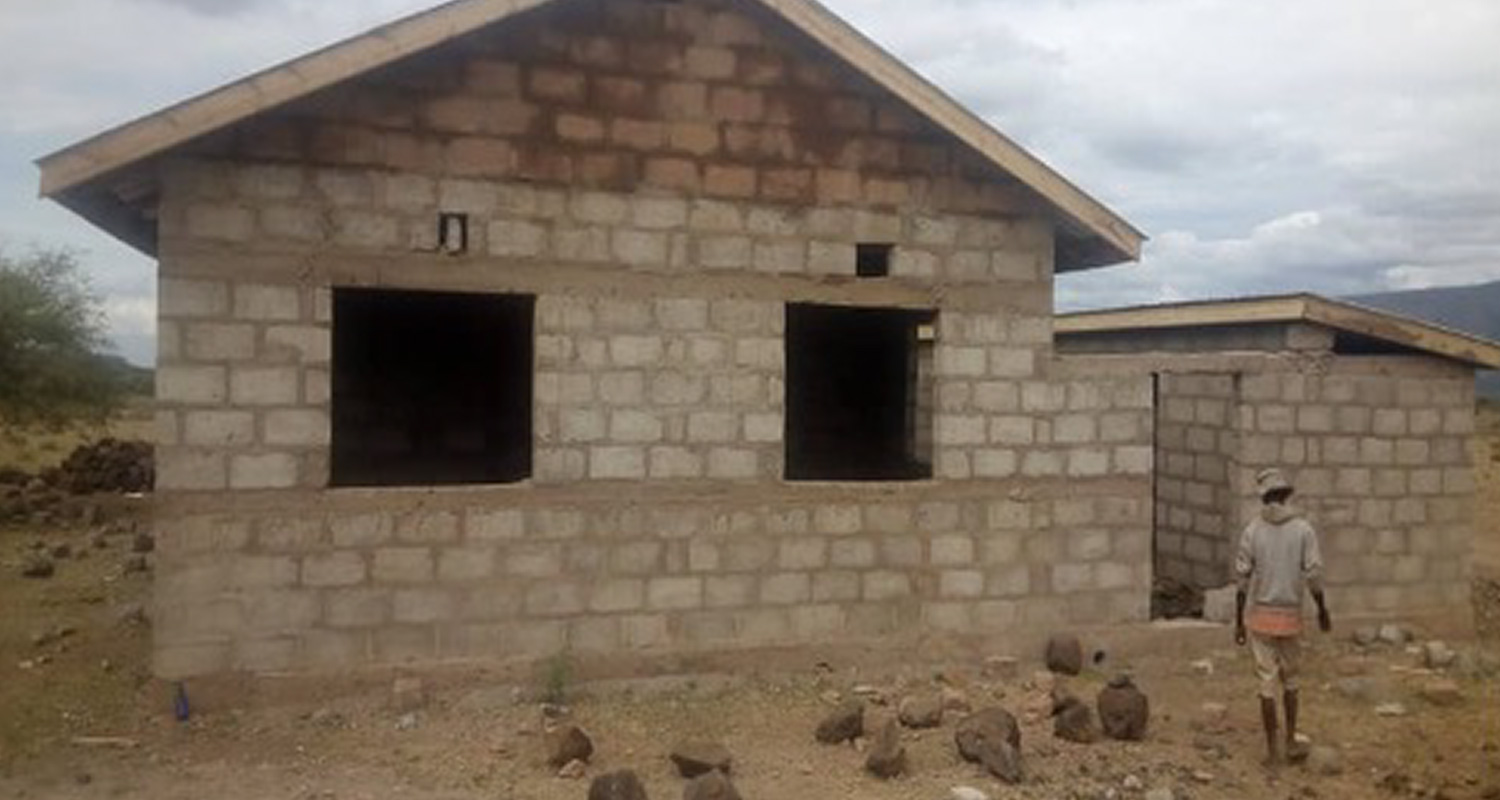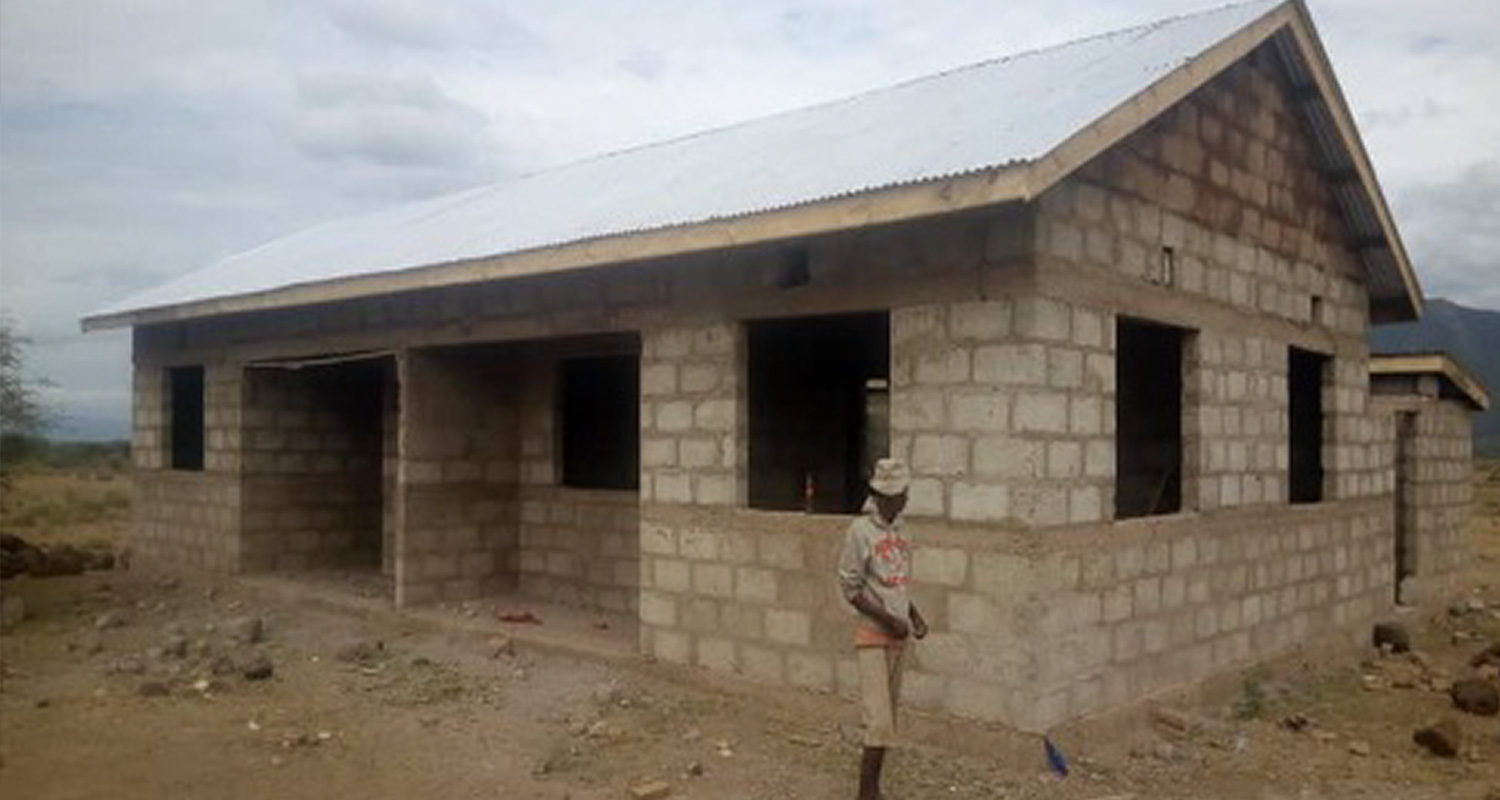No products in the cart.
Introduction
The mission in Tanzania today is operated through Sower Media Trust
The mission to Tanzania came about through a revelation from the Lord to His Servant, the late Apostle Ayo Omideyi and he simply went to Tanzania in faith, not knowing anyone or ever being there previously. He took the revelation and Word of the Lord in faith that the Lord who had shown where he should go, will open any and all the doors that need to be opened for this project.
